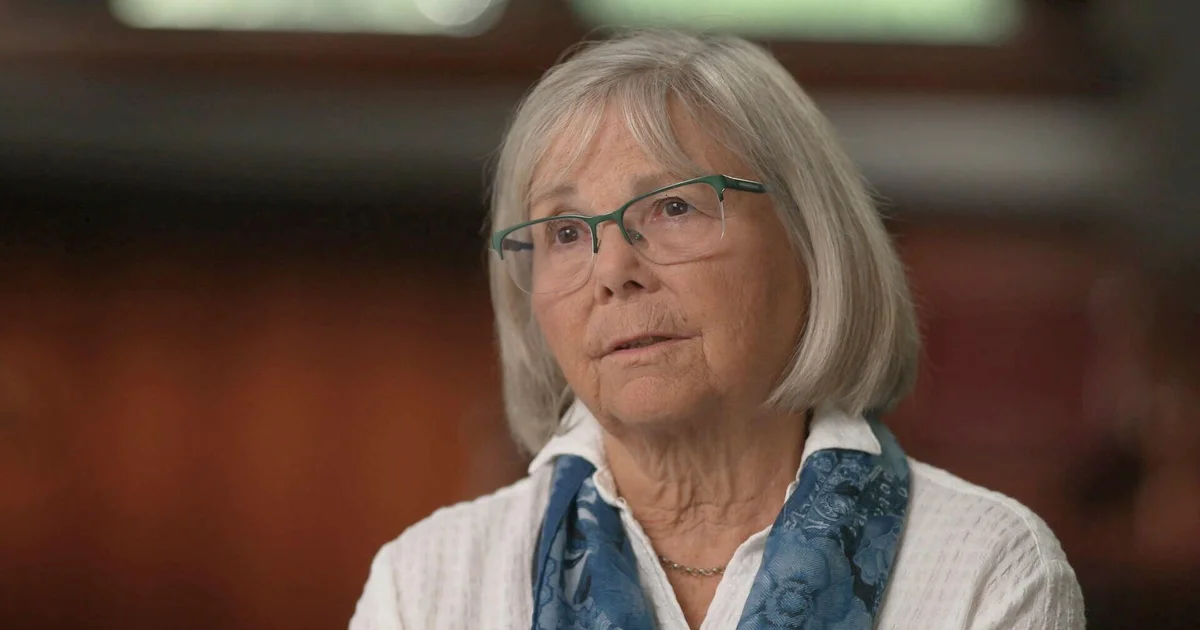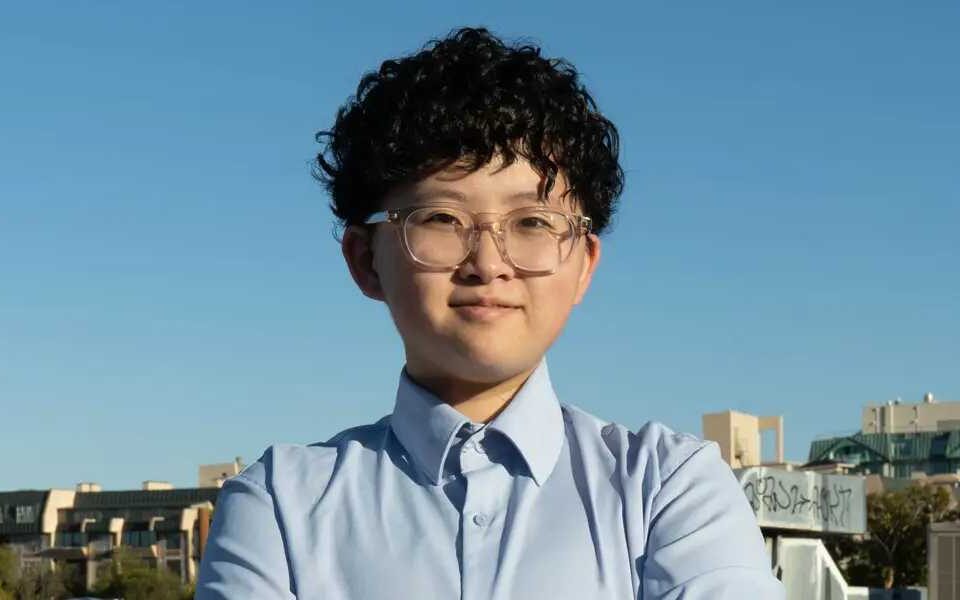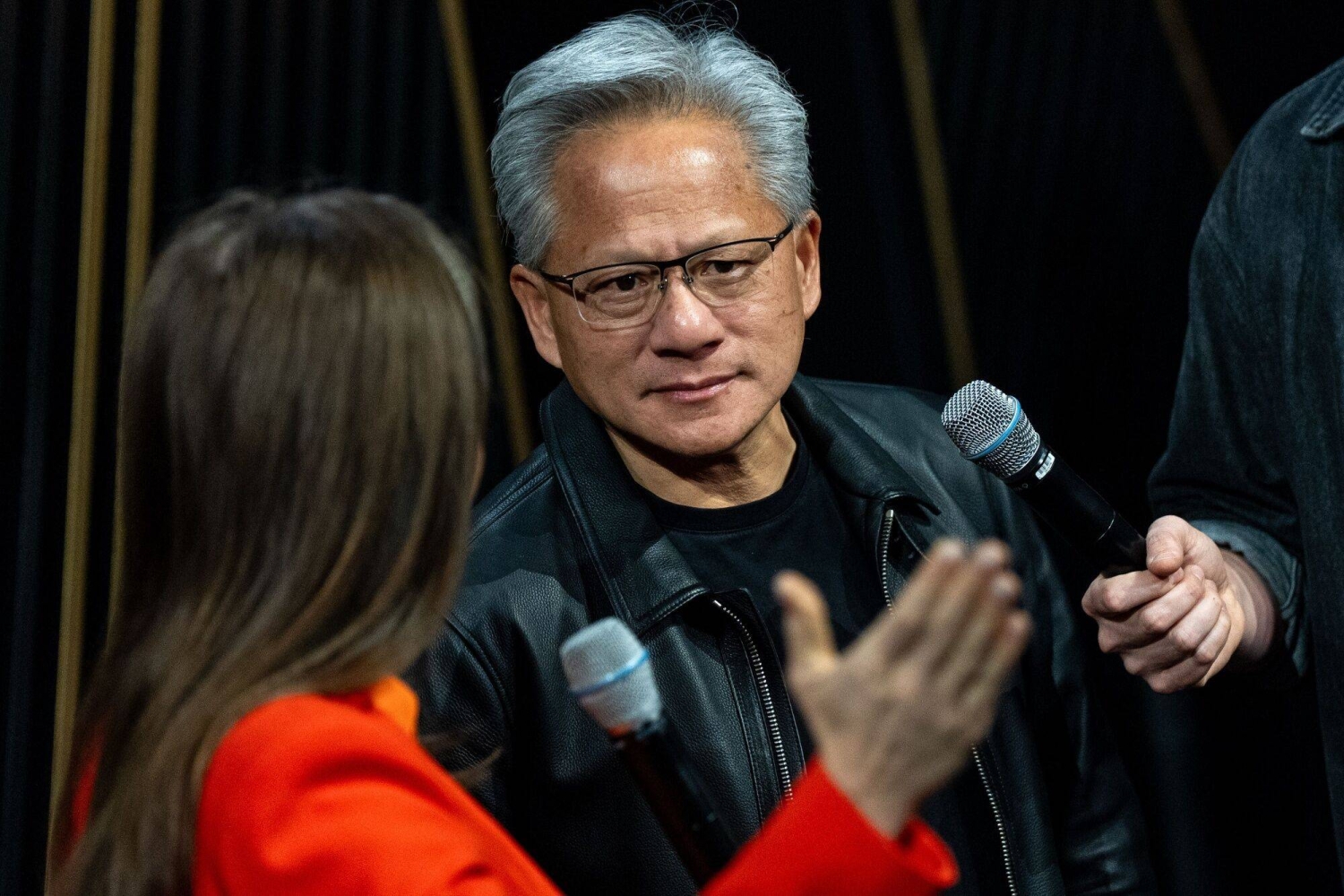Copyright cbsnews

For generations, federal research funding to universities has fueled breakthroughs in medicine, technology, and national defense.Now, the White House is using that support as leverage — pressuring a dozen elite universities to align with President Trump's political agenda or risk losing funding.The government has used the power of the purse before to shape higher education, but President Trump's effort is unprecedented in scale. He's accused universities of antisemitism and liberal bias, demanding they do more to safeguard conservative voices.Some universities have cut deals to protect their funding. But Harvard - the nation's oldest university and the president's most prominent target – has refused, citing academic freedom.The threat has disrupted hundreds of Harvard research labs, forcing scientists to halt projects, lose staff, and fear their work is becoming collateral damage in a political fight that could jeopardize the future of American discovery itself.Bill Whitaker: If you were talking to the American public, what would your research do for them?Joan Brugge: My research has the potential to prevent their daughters, and their wives, and their cousins from developing breast cancer, and I don't think any taxpayer would want to interfere with progress on a project like that.Joan Brugge is director of the Ludwig Cancer Center at Harvard Medical School. For 50 years, she has applied for and won competitive federal grants that helped uncover how tumors form and resist treatment and discovered innovative therapies. When her million dollar annual funding was cancelled last spring, she was leading a team that had identified the earliest precursors of breast cancer.Joan Brugge: The ultimate goal is to find a treatment that will eliminate those cells that carry the mutations.Bill Whitaker: And in effect prevent the cancer?Joan Brugge: Yes, prevent the cancer. Bill Whitaker: Last spring you got an email. What did it say? Joan Brugge: It listed two grants from the National Institute of Health and said that they were terminated. Bill Whitaker: Terminated?Joan Brugge: Terminated. Bill Whitaker: What went through your mind?Joan Brugge: It was just like a gut punch. My knees buckled and I had to sit down, because I-- I just never imagined that research focused on a disease like cancer would be canceled for a reason that was unrelated to the quality of the research, or the progress of the research, but this was across the board for issues relating to diversity and antisemitism at Harvard.Accusations of antisemitism at Harvard stem from student protests over the Gaza war that often were hostile to Israel. Harvard tightened rules around protests and commissioned reports on antisemitism and Islamophobia. A survey on campus found that 40% of Jewish staff, faculty and students who responded said they felt discriminated against because of their views; 71% of muslim respondents said the same.President Trump has focused on antisemitism at Harvard.The president broadened his criticism and called for dismantling DEI and for audits on hiring, admissions and academic programs.When Harvard refused federal oversight, the Trump administration froze more than $2 billion in grants, mostly for scientific and medical research.Bill Whitaker: So has your progress been stalled? Joan Brugge: So our progress has been significantly affected. Now, I'm spending most of my time ringing doorbells to find alternate funding so that we can keep the lab going.This past April, Harvard sued the government to regain its funding.And in September, a federal judge sided with Harvard and ruled the funding freeze unlawful, saying the Trump administration "used antisemitism as a smokescreen for a targeted, ideologically-motivated assault" and ordered all the money restored. The funds have started to flow again — at least for now — but researchers say much damage has been done and the Trump administration has vowed to appeal the judge's ruling and block Harvard from receiving future grants.Joan Brugge: There's now this existential threat that this could happen again. Bill Whitaker: What does that mean for science, that uncertainty?Joan Brugge: It will eventually draw people away from the United States to carry out research, where that kind of threat and that kind of insecurity doesn't exist.Bioengineer Don Ingber is founding director of the Wyss Institute at Harvard. Like the university's medical and public health schools, it is not on Harvard's main campus in Cambridge where protests erupted. It's in Boston, three miles away across the Charles River.Don Ingber: Did things get out of control at all these universities? Yes, I think they did. Have universities including Harvard made amends and made things better? The answer is, yes. Bill Whitaker: The Trump administration has accused Harvard of discrimination and says the federal government doesn't have to give money to the university. What do you say to that?Don Ingber: Money that's given to the university for scientific research and medical research is not just given. We have to compete for it. And we are doing a service for the United States because they've identified needs that need to be met.Ingber relies largely on federal funding for his work identifying new therapies using what he calls "organs-on-chips." This breakthrough technology, tiny tissue-lined devices, can replace animal testing.Bill Whitaker: So what does that allow you to do? Don Ingber: We can study how the body normally works. We study response to drugs, response to toxins, drug delivery systems.Federal grants have made up almost half the university's research funding. Ingber and other scientists told us government support of university research — now under threat — is what has powered America's scientific supremacy in the world.Don Ingber: We are truly putting the brakes on scientific innovation in this country at a time where our ostensible adversary, China, is just going faster and faster and faster.Bill Whitaker: You have said that we are handing our future to China.Don Ingber: On a silver platter, absolutely. If we can't be the leader, we're gonna be the follower.Harvard and the federal government have been in settlement talks for months, and in a statement, the Department of Education told us the Trump administration is "actively working toward a deal with Harvard that holds them accountable for egregious civil rights violations and discrimination on campus" "while restoring generous taxpayer dollar support to the institution."Harvard, in turn, says it's working to improve existing programs promoting ideological diversity.Steven Pinker: Harvard has not done enough to ensure a wide range of opinions being represented on campus.Harvard psychology professor Steven Pinker has been a member of the faculty for 22 years and has been outspoken about what he says is liberal bias on campus.Bill Whitaker: In your estimation, where has Harvard gone wrong?Steven Pinker: I think there have been too many incidents in which someone has expressed a controversial opinion and has been shamed or cancelled. He points to biology lecturer Carole Hoven who says she felt ostracized on campus after her remarks on Fox News in 2021 sparked controversy. She has said the criticism and pushback on campus drove her to resign.Bill Whitaker: President Trump has described Harvard as a liberal mess, that it has been hiring almost all woke, radical left idiots and bird brains--Steven Pinker: Yes.Bill Whitaker: The language is a bit harsh, but does he have a point here?Steven Pinker: Not there, no. I do not agree with that. You know, I-- I think there is a grain of a truth in that I think there-Bill Whitaker: What's the grain of truth? Steven Pinker: I think there should be more voices on the right at Harvard. I don't want Donald Trump to decide who those people are gonna be or how many we should have.Bill Whitaker: You do have the president, and you have lots of supporters of the president, who say, "We don't like what they're doing there at Harvard. So why should my tax dollars go to support its research?"Steven Pinker: Do you want Alzheimer's to be cured? Do you want cancer treatments for kids? Do you want treatments for people with paralysis? Consider Harvard chemist and molecular biologist David Liu, a winner of this year's Breakthrough Prize, often called the Oscars of science.He says the instability of federal funding is making it difficult for him to retain and attract researchers.Bill Whitaker: The funding is restored, does that fix the problem?David Liu: Science research, at the cutting edge especially, is a slow-moving process. When you disrupt that process, it can take years to-- you have to hire those people back. You have to generate those samples, many of which are perishable. David Liu and his team invented gene editing tools that can correct and rewrite defective genes.David Liu: Here's a small segment of the human genome. You have 6 billion of these letters. This sequence causes brain disease. It's caused by these four extra letters. So a prime editor finds that sequence and then replaces it, and you get to type in the sequence that you want to replace it with.Bill Whitaker: Just fix it.David Liu: Fix it at the root cause.Gene editing technologies invented in David Liu's labs at Harvard and here at the nonprofit Broad Institute could one day help hundreds of millions worldwide with genetic diseases like sickle cell and muscular dystrophy.David Liu: This is a tube of the DNA instructions that finds a DNA sequence of our choosing. Bill Whitaker: Just that unassuming, clear liquid—David Liu: That's right. We can fix the mutation, fix the disease, and hopefully never have to treat the patient again.Alyssa Tapley: It was this tiny little syringe.Bill Whitaker: And it was just one injection of this little vial?Alyssa Tapley: Just one injection of this tiny little vial, and that was it.Alyssa Tapley, who lives outside London, was diagnosed with a rare form of leukemia.She endured a year of failed treatments — chemotherapy, a bone marrow transplant — and her doctors ran out of options.Alyssa Tapley: I was 13 when I was told that I was going to die.Bill Whitaker: And they're talking about end-of-life care?Alyssa Tapley: Yeah, and I said "please don't give up on me" because I haven't done anything with my life. I'm just gonna be this kid who died because of cancer.Her doctor read about professor Liu's novel gene editing research and thought it might — just might — help Alyssa.She became the first human to try the experimental treatment made possible by the U.S. federal funding.Alyssa Tapley: I knew if I did it, even if it didn't end up working, it would end up making a difference to somebody else's life. Now 16, she vividly remembers the day her doctor told her the experimental treatment had worked.Alyssa Tapley: After thinking for so long that this was it and, you know, there was nothing left, and I would never be able to grow up, I finally had this future again that no one could take away from me.Bill Whitaker: Cancer-free.Alyssa Tapley: Yep.Bill Whitaker: All from that little vial.Alyssa Tapley: It's astounding what research can do and what people can do with the resources that they're given.Steven Pinker: Research works. If you want to freeze society where it is, then cripple the research enterprise.Bill Whitaker: Is that whole idea being lost in the harsh rhetoric by the administration?Steven Pinker: The attack on universities is a-- is-- is a tragic blunder. For all the foibles of universities, and there are many, and I've pointed them out, universities' research makes life better - massively so. Why would you want to cripple it? It's something that the United States does really, really well.Produced by Sarah Koch. Associate producer, Amanda Winograd-Schnur. Broadcast associate, Mariah Johnson. Edited by Joe Schanzer.



